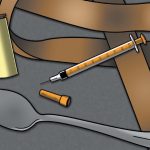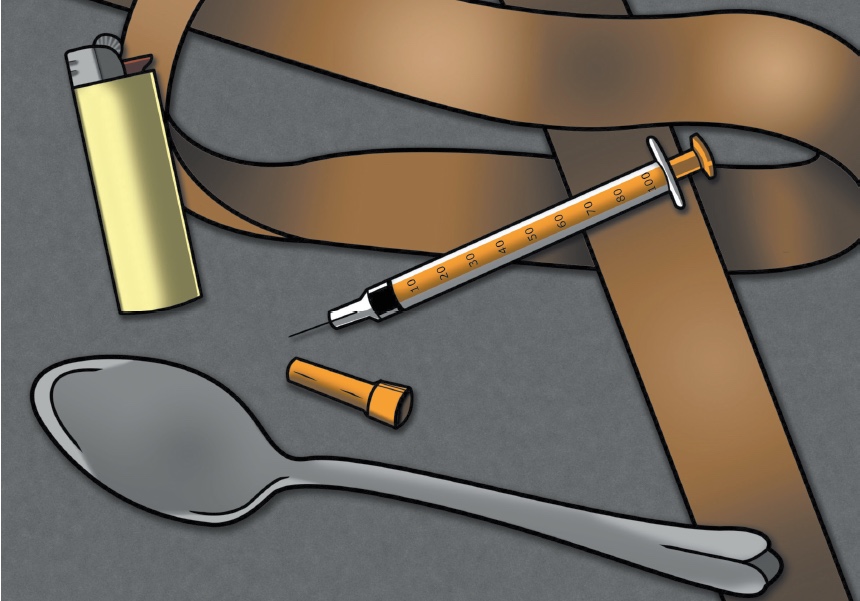Opinion: Why heroin should be legal
As professionals and the public have come to recognize its medical benefits and relative safety, support for legal marijuana continues to gain traction. Eight states and the District of Columbia have now legalized both medical and recreational marijuana use.
Much of the support for legal marijuana centers around its relatively low danger when compared to other drugs. If alcohol and tobacco are legal, it makes sense that marijuana — something less addictive and physically dangerous than either of them — should be too.
Unlike marijuana, heroin is highly addictive. According to an analysis by former UK drug advisor David Nutt, heroin is second only to alcohol in its level of danger. Deaths of heroin overdose are common, while a single death from marijuana overdose has yet to be reported. However, many negative effects of heroin result not from the drug itself, but from policies banning its use. Legalizing heroin would reduce the harms of heroin use and promote recovery from addiction.
Because heroin is unregulated, drug dealers are free to mix heroin with other impurities. Sometimes they add fentanyl — a stronger opiate — to boost potency. When users are unaware that their heroin includes fentanyl, they risk an accidental overdose. If a legal, regulated market sold heroin, customers could know the contents and potency of the drugs they purchase, protecting them from impurities and overdoses.
Opiate withdrawals can be fatal for those with severe addictions. When people are imprisoned for drug use, they are often denied access to the dosage they need to avoid withdrawals. A 2004 study in the Journal of Urban Health found that only two percent of the 245 jails surveyed reported using opioids to assist with withdrawal. As a result, numerous people have died in jail from opiate withdrawal.
To predict the effects of legal heroin, we must look at the impacts of similar programs across the globe. In 2001, Portugal decriminalized all drugs in response to a rise in heroin addiction. As a result, cases of HIV, AIDS, and Hepatitis B and C have steeply declined in Portugal — as have drug-related deaths. Drug use has also become less common there.
Heroin maintenance programs — first pioneered in Switzerland — use clean needles to administer pharmaceutical-grade heroin to addicts at a dose just high enough for them to function. These programs are typically used after other treatments have failed. Since their inception, these programs have been implemented throughout Europe and North America, to what a 2007 review calls “consistently positive therapeutic outcomes.”
Some may claim that legalizing heroin may encourage heroin use and prevent recovery from addiction. But treating addiction as a health issue — rather than a crime — may reduce the stigma and shame associated with addiction that prevents addicts from seeking treatment.
And you can’t recover when you’re dead. Everyone who has died due to the War on Drugs’ prohibitive policies might have enjoyed a perfectly sober holiday season if they’d only had the chance.







